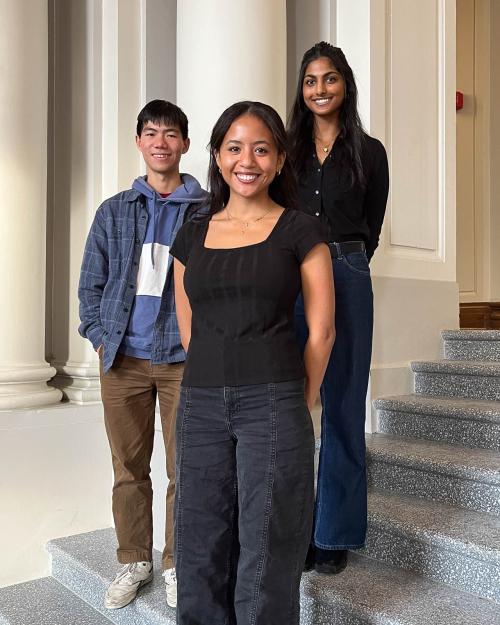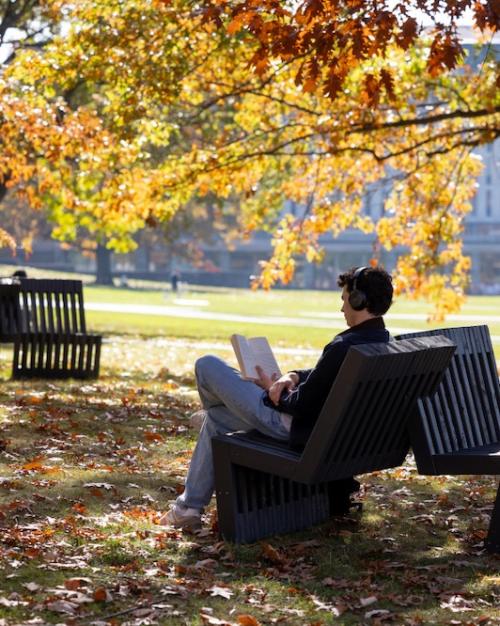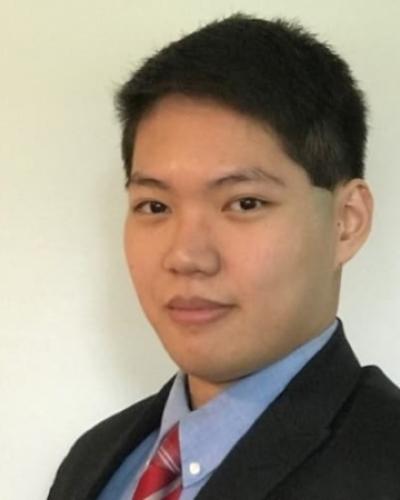Jose Maria Tapia (‘20) has been working as a Hatfield Research Assistant for Professor Kaushik Basu this summer on a project exploring the effects of various types of COVID-19 lockdowns on the economy.
Can you describe the work you’ve been doing on the project so far?
The research question is a work in progress. We’ve been gathering data on unemployment rate, growth rate of GDP, and new Covid-19 cases per million from 13 developing countries in Africa, Asia, and Latin America and comparing the macroeconomic data for 2020 (April onward) with data for the same months in 2006 and 2017-2019 to look for correlation between pandemic lockdowns and change in unemployment and GDP.
I recently ran a regression on all countries to find what influences lockdown stringency, not just the 13 we’re looking into because 13 countries isn’t necessarily a good sample set. I sent that to Dr. Basu, and I’m waiting to hear what’s next.
As you’ve been working on this project, what kinds of questions have arisen?
One question is how the different variations of lockdown measures are impacting the lockdown economic data. For example, one thing we found was that although India locked down really early, and Ethiopia didn’t lock down as early, India then had a spike in coronavirus cases and deaths, while Ethiopia did not, or at least not to the same extent. We are trying to find out why that is. It’s hard to make a final conclusion because in cases like this, the findings are so counter-intuitive. We would think that if a country locks down early before there are a lot of coronavirus cases, it should be more controlled. And in some cases, that’s true, but not in others. Maybe compliance is an issue.
What kinds of skills and experiences helped you prepare for this research position?
Having a basic understanding of regression, econometrics, and the required core courses have really helped. That’s why I can understand macroeconomic trends and pull a linear regression to see the association rather than causation because causation is very hard to prove. And it’s the core courses where you learn independent thinking, independent research, and creativity. Like in my intermediate microeconomics course, I wasn’t just given a set of problems and told how to solve them, I had to think creatively about problems, and doing that strengthened my ability to then tackle new kinds of problems. For example, this summer, Dr. Basu would request a graph done in a certain way. And it had to be done quickly and efficiently because the next day he’d need it for a lecture. If I’d followed a standard procedure, I’d probably find myself stuck, but by thinking creatively I was able to find solutions to overcome those obstacles.
What kinds of new skills have you gained, or what have you learned from working on this project?
I would say it’s more of an extension of skills and knowledge from undergrad—econometrics, performing a linear regression, interpreting macroeconomic trends, all of these have been important. Data gathering, figuring out where to source my data, and what to do when there are anomalies in the data, those are things that my basic economic courses didn’t necessarily prepare me for, and that I had to figure out for myself. In econometrics courses, we’re given data sets, but most of the time they’ve been cleaned, and the real world isn’t like that.
What do you do when there’s an anomaly in the data?
What I learned is that there’s a process. In R there’s an algorithm that fills in the N/As, and it will show you a graph with all N/As filled in as if you had the data, and then you can run a regression on that and compare results.
If there are outliers, you can check to see if it changes the interpretation; if it does, you can give one with the outlier and one without. If it doesn’t change the interpretation, I still present both, though some people are comfortable throwing it out.
Do you find yourself reading the news differently, or do the kinds of things being reported contradict any of the things you’re learning about?
Yes, definitely. Like when you hear the term “spike in cases” in the news, reporters may try to spin the meaning of that phrase in a particular way, but a “spike” could refer to a number of different things. Whereas before I would cross-reference things I heard about in the news, I still was only looking at the United States, but now that I’m examining data from all of these different countries, it’s really giving me a broader perspective. It makes me think of that saying, “I wish there was a one-armed economist because they’re always saying “on one hand, but on the other hand.”
Is there anything else you’d like to add?
Working with Dr. Basu has definitely been an honor. He has a brilliant mind, and he’s always busy, but he always takes the time to meet with me. And I think this research assistantship has extended my reach and my knowledge in a way that undergrad classes alone wouldn’t be able to do. Having experience with real world data, gathering the data, and being able to see the anomalies has been really valuable.





